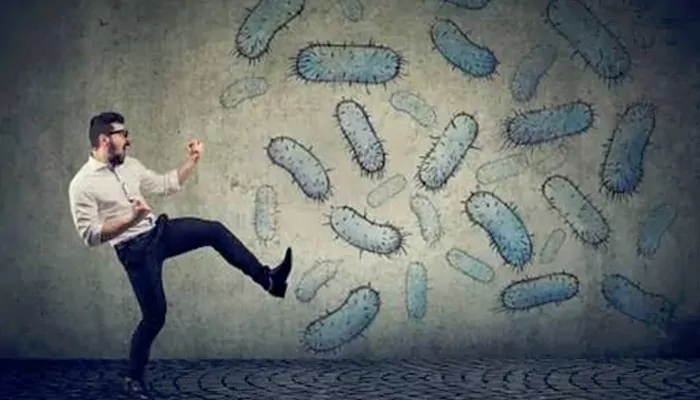ICMR Issues Guidelines To Reduce Milk Tea/Coffee Intake; What Are The Long-Term Health Concerns?
- Admin
- 1 year ago
- 3 minutes read

Did you know the caffeine in tea and coffee stimulates our body's central nervous system and leads to physiological dependence?
There's a common saying that life is "brew-tea-ful with a cup of tea or coffee". As you may agree, it's an absolute necessity in our lives, especially in the morning! And among the plethora of varieties, it is the classic milk tea or coffee that we crave the most. It's a loyal companion that never fails in its duty to uplift our spirits!!!
However, the issue is that our love for milk tea and coffee doesn't come without its complexities. It becomes an addiction after a certain time and can take some serious toll on our health in the long run. No, it's not me, the Indian Council of Medical Research (ICMR) is saying this!
 is saying this!.webp)
The ICMR recently released 17 new dietary guidelines for Indian citizens in order to promote healthy eating habits. And one of the guidelines raises concerns over the excessive consumption of caffeinated drinks, especially milk tea, and coffee. It recommends to not consume more than 300 mg of caffeine in a day, adding that drinking such beverages should be avoided for at least an hour before and after meals.
(Credit: hindustantimes)
In this article, let's discuss the possible side effects of consuming excess amounts of caffeine!
Anxiety
As you may have noticed, caffeine awakens the body and helps increase your alertness. It restricts the functions of a brain substance called adenosine which causes fatigue. However, at high doses, it may lead you to feel anxious and nervous. In fact, caffeine-induced anxiety disorder is an increasingly common issue among people today.

It's also worth noting that caffeine is highly addictive and makes your nervous system dependent on it.
Digestive Issues
While some people believe that tea/coffee helps aid in their digestion, the reality is exactly the opposite. According to various research, caffeine triggers the production of excessive stomach acid which leads to irritation of the stomach lining. This, in the long run, can lead to various digestive issues such as IBS, gastritis, bloating, and others.

Increased Heart Rate
By blocking the effects of adenosine, caffeine can make your heart beat more rapidly. Also, it triggers the release of adrenaline from the adrenaline glands, which further increases the heart rate in order to prepare the body for physical activities. On the other hand, it affects the cardiovascular muscles, leading to various heart issues in the long run.

Although not common, studies have found that excessive caffeine intake daily may increase one's risk of a heart attack.
Decreased Iron Absorption In Body
The ICMR's report states that "beverages (like tea and coffee) bind dietary iron and make it unavailable." It further adds that the tannins present in caffeinated beverages "bind to the iron in the stomach, leading to iron deficiency and conditions like anaemia". It may also interfere with the functions of proteins that transport iron across the body.

Anything excessive is bad for your health, and unfortunately, your favorite beverages - tea, and coffee - are no exception. However, the ICMR guidelines suggest that no-milk tea or coffee is a better option for us!












